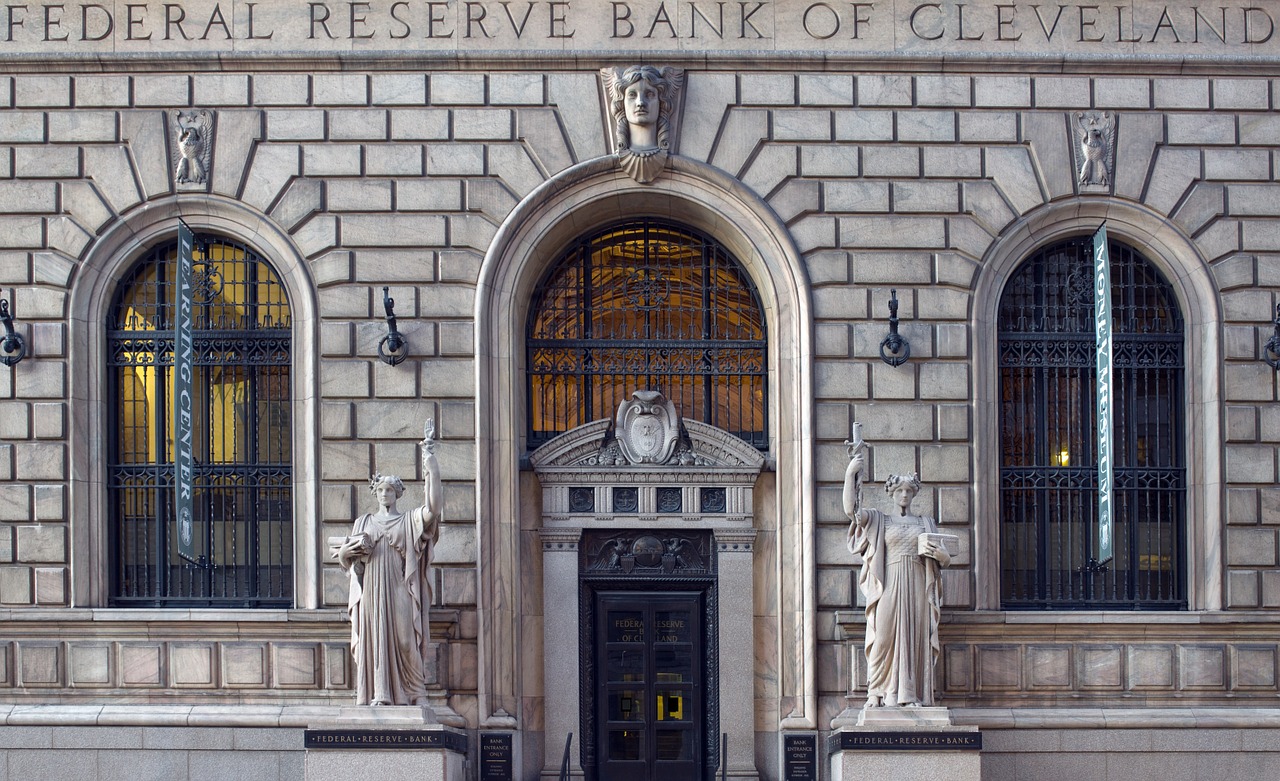Why are the politics of Federal Reserve Board nominations so different from Supreme Court picks?
Q4 2021 hedge fund letters, conferences and more

Partisanship isn’t entirely absent from Fed picks. Although President Joe Biden has renominated the (Republican) chair originally selected by former President Donald Trump, the rest of his current picks would all be unlikely choices for any Republican president. Still, there’s nothing like the current fighting over court confirmations. Nor, as political scientist Jonathan Ladd notes, do presidents try to maximize their influence over time by choosing nominees who will serve full 14-year terms.
I have two answers. One is that neither party has seen the need for a non-mainstream agenda for the Federal Reserve similar to the way that Democrats in the 1930s and Republicans since the 1960s have seen the need for a non-mainstream agenda for the courts. As Ladd points out, “In some ways, like SCOTUS, different interests in society had agendas for the Fed, but they weren’t aligned with the party coalitions.”
The second answer is based on the presidency. Presidents don’t have much immediate self-interest in who sits on the courts. They may care about certain policy outcomes, but the main way that judicial nominations affect their terms in office is through satisfying their party coalition. At the Monkey Cage, political scientist Amanda Hollis-Brusky argues that Republican presidents tend toward ideological choices, while Democrats make picks to satisfy various demographic groups. Perhaps so. But it’s also the case that Democratic presidents know that choosing Democratic-leaning mainstream jurists will produce policy outcomes that Democratic groups like; Biden may refer to such picks as being non-ideological, but it’s not as if he could choose a Black woman who was likely to vote with the court’s conservatives and get Senate Democrats to confirm her. For that matter, Biden probably couldn’t get away with choosing a crony with little record of policy views, the way President George W. Bush tried and failed to place White House Counsel Harriet Miers on the court. Both parties seem to care more about likely policy outcomes than anything else.
Even so, presidents themselves don’t really have much at stake. Yes, they want the courts to allow them plenty of leeway to act, but even if the Senate would allow them to choose loyal cronies, it’s not as if any president could nominate enough justices to win the day. Meanwhile, even the most well-publicized Supreme Court decisions are unlikely to have much direct effect on re-election.
But the Fed? That’s very different. The Fed can directly affect the economy, and the economy can make or break the president’s re-election chances. So while there are some policy tasks, such as financial-markets regulation, that may not be critical to the president, overall there are very strong incentives for selecting competent policy makers for the Fed board. Not only that, but the outcomes preferred by presidents of both parties — high growth, low unemployment, stable prices — are nearly identical. Sure, Democrats may have a bit more tolerance for inflation and Republicans a bit more willingness to live with unemployment, but those are nothing like the enormous policy differences that have characterized Supreme Court fights.
What this suggests is that Democrats and Republicans will likely make roughly similar choices. Of course, some picks will turn out to be more competent than others, but over time both parties should tend to converge on fairly likeminded nominees, and we should expect them to be fairly resistant to anything too far from the mainstream. If any party wanders too far, either the economy will sputter and their next nominees will return to the old normal, or the economy will thrive and the other party will adopt whatever new policies seem to work and make them the new mainstream.
I should note that Senate confirmation votes for Biden’s Fed nominees may wind up being very partisan, but that’s because many senators from both parties have taken to voting against most nominees, controversial or not. And certainly there are policy areas in which Biden’s picks will differ from mainstream Republican choices. But an expectation of fundamental competence in managing monetary policy is an anchor that should keep Democratic Fed nominees from drifting too far from Republican ones. That in turn makes it unlikely that the Senate, the president or the political system will consider Fed nominations at all similar to high-stakes judicial nominations.
Read the full article here by Jonathan Bernstein, Advisor Perspectives
